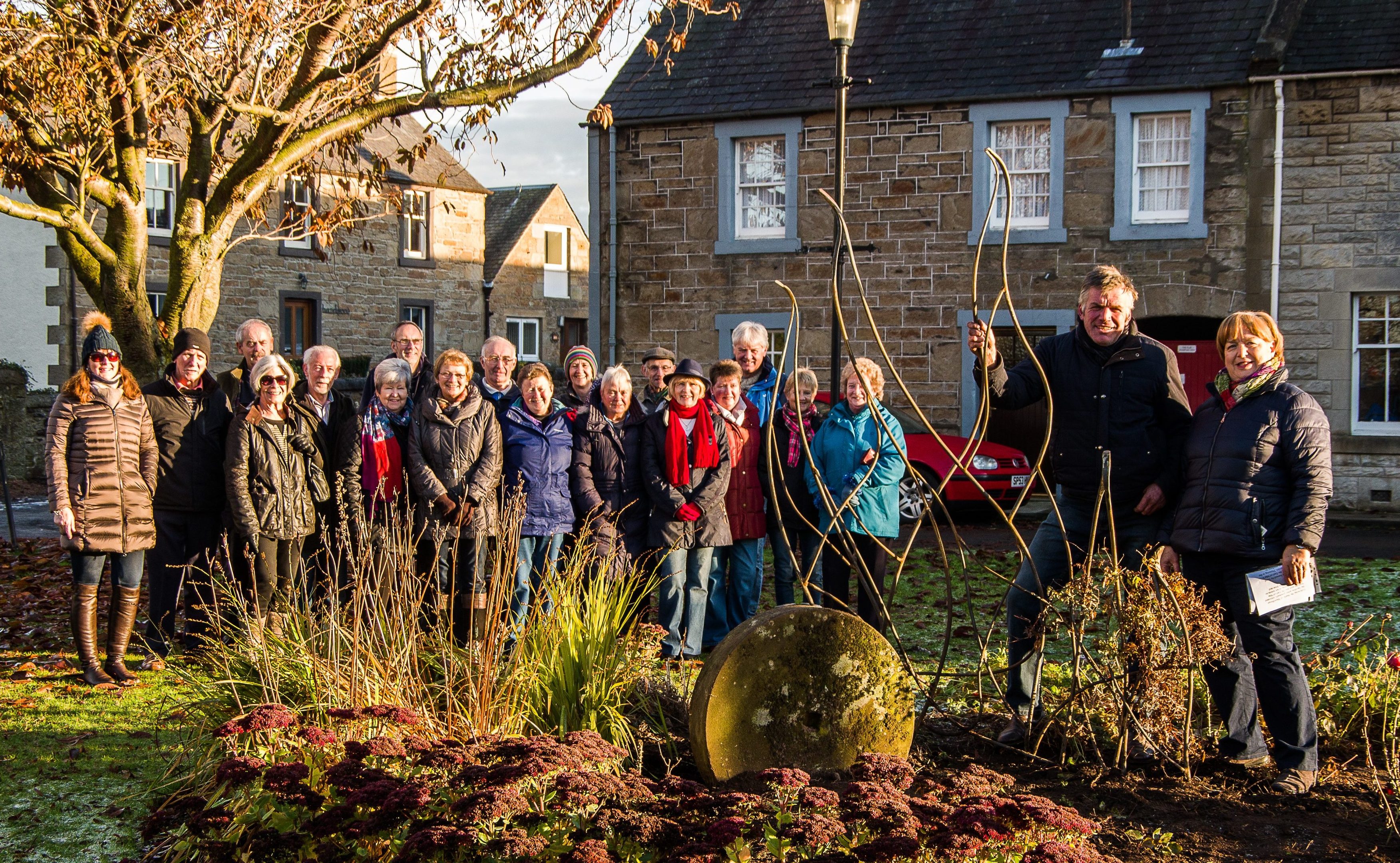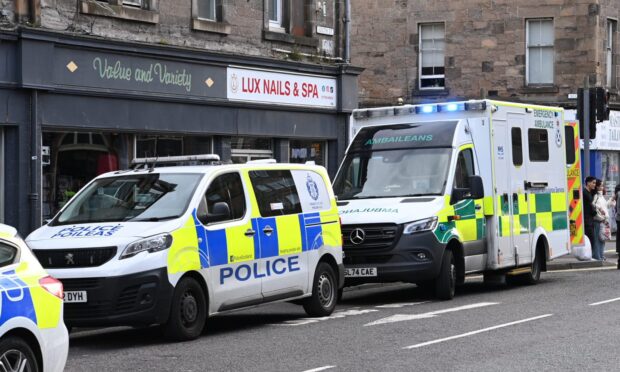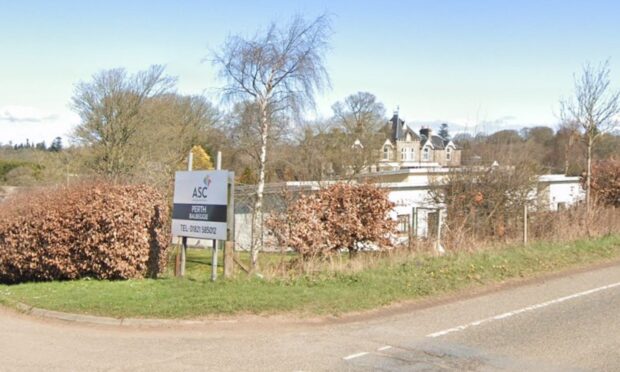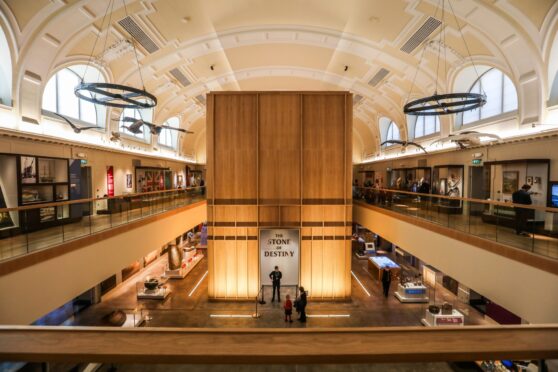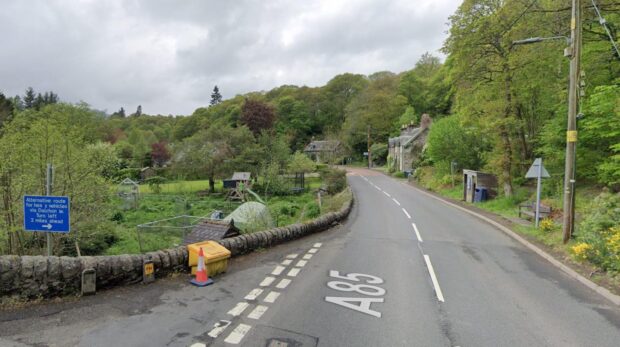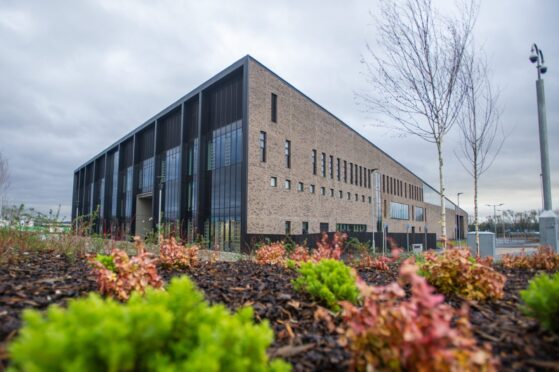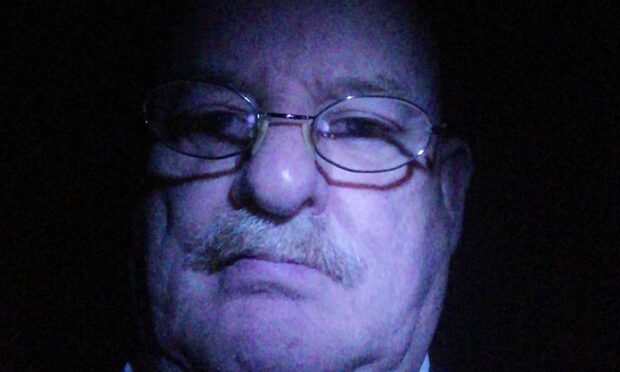The acrid smell of smoke hung heavy in the air above Perthshire as the people of villages and towns in the east of the region watched their homes and businesses burn.
They had been put to the torch by men whose cause, mere days earlier, they may have supported and even aided.
The dark deed was carried out in 1715 by Jacobite forces retreating from the Battle of Sheriffmuir, by the order of the Earl of Mar.
He had met highly organised Government forces and though he may have proclaimed his army held the field they were in fact forced to retreat in disarray to Perth.
As they did so, he ordered his men to deny the Royal troops food and shelter, with Lord George Murray, the Earl of Mar’s military commander, carrying out those orders.
He razed six communities to the ground as he passed, among them Dunning, whose residents had never forgotten the burning, nor the pillaging that accompanied it.
Now a stunning new sculpture has been erected to commemorate the heinous act, specially commissioned from Forteviot sculptor Robert McFadzean.
Local historian Jane Young said: “The Wicker Woman golfer sculpture placed in the flower bed on Dunning’s War Memorial Green for the Ryder Cup had suffered the ravages of time and winter storms.
“With a replacement required a group of local people came up with the idea of commemorating the burning of Dunkeld by Lord George Murray.
“Thanks to the generosity of local groups, businesses and individuals in Dunning, we have been able to unveil Robert McFadzean’s sculpture.
“It depicts the flames that devoured our village on that cold, snowy night in January 1716, a little over 300 years ago.”
The village has marked its burning – the only one of the six destroyed to do so – since April of 1716, with its “Thorntree”.
The original was a wild hawthorn transplanted from Dunning Den, which stood in the village for 220 years until it was blown down in a gale in 1936.
A number of other trees have since taken its place, with the latest standing proudly in Thorntree Square.
The site of the Battle of Sheriffmuir, where more than 1,400 fighting men were killed or were wounded, is currently the focus of a new conflict.
Proposals have been put forward that would see thousands of trees planted on the battlefield, which is visited by thousands of people each year.
The plan has been met with a storm of protest and campaigners are urging people to make their objections know to the Forestry Commission Scotland by December 15.
